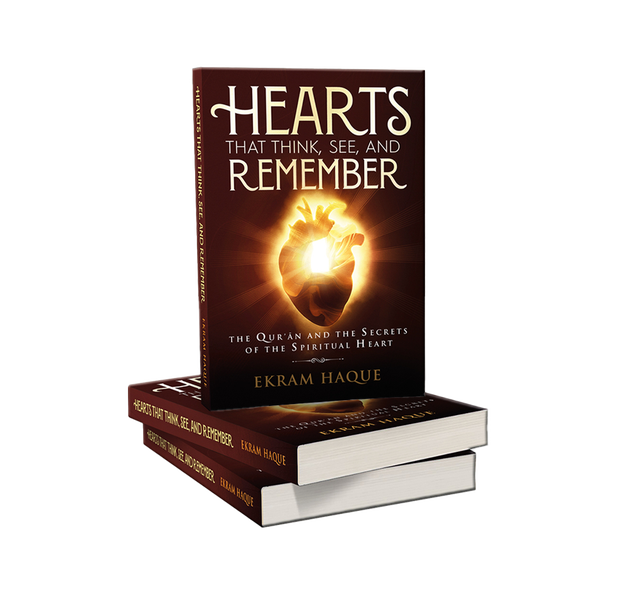Hearts That Think, See, and Remember
The Qur’ān calls the human heart an organ that thinks, sees, and remembers. It describes the heart as the abode of faith, intention, and the nerve center of moral decisions.
But the heart sometimes becomes diseased, and faith can fluctuate due to the heart’s changing condition. Hence, the Prophet Muhammad ﷺ taught us to pray, “O Turner of the hearts, keep my heart firm on Your religion.” This prayer is similar to one in Psalm 51:10: “Create in me a clean heart, O God; and renew a right spirit within me.”
The ancient Greeks believed a heart could perceive. They called this aisthesis. In ancient Chinese medicine, the heart is where shen or spirit resides, and the Mandarin language represents love, virtue, and thought with the heart’s ideogram. Science calls the heart a place of perception, one with its own “brain” and a “magnetic field” that affects people around it.
The Qur’ān pins a person’s salvation in the Hereafter on the spiritual heart, not the physical heart that pumps blood. Hence, those who bring a pure heart (qalbun salīm) on Judgment Day will enter Paradise. This book explores the nature of the spiritual heart and how to revive it when it becomes diseased. It shows us that the more a heart remembers God, the healthier it becomes.


